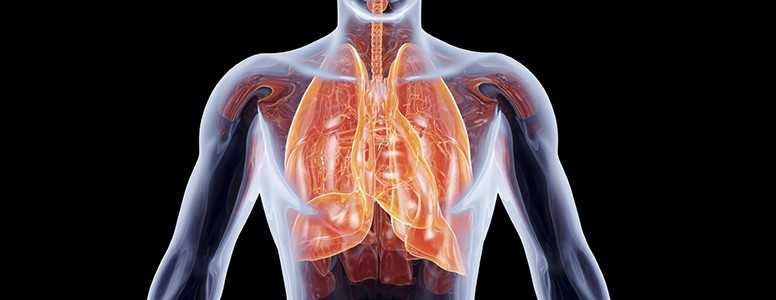New findings relating to how diaphragm muscle cells behave could lead to new respiratory treatments for people with diabetes.
Diabetes is known to cause breathing problems in patients who fail to maintain a healthy weight, with treatment often requiring aerobic and endurance training.
M. Harold Laughli, University of Missouri reports that in type 2 patients, the body struggles to respond to insulin – this includes cells that make up the diaphragm – due to small blood vessels essentially disappearing.
Laughlin’s team challenged previous studies that investigated diaphragm muscle cells alongside other skeletal muscle cells. As these two cell types are similarly arranged, they have often been studied together.
“Previous research on respiratory distress has focused on the similarities in limb skeletal muscle cells and diaphragm cells,” said lead researcher M. Harold Laughlin. “What we found essentially contradicts previous findings and could guide future research in respiratory distress in diabetics.”
In their study, rats were genetically engineered to be predisposed to insulin resistance and obesity. They were then assigned to two types of exercise programs: one was an endurance training program in which rats ran on a treadmill for longer periods, the second was an interval training program that required rats to run on the treadmill for shorter bursts.
It was then assessed which genes in diaphragm arteries were turned on or off in the rats during the exercise.
Laughlin concluded: “We found that smooth muscle cells in the arteries of the diaphragm do undergo adaptive changes in response to exercise training.
“Common knowledge among researchers is that limb skeletal muscle and diaphragm muscle behave in the same manner and can thus be studied jointly. Our results indicate just the opposite – in obese patients suffering from diabetes skeletal muscle arteries and diaphragm arteries adapt to exercise in different ways.”
The team hope their findings lead to causes of respiratory distress in the diaphragm among those with insulin-dependence being investigated independently of other skeletal muscles.






